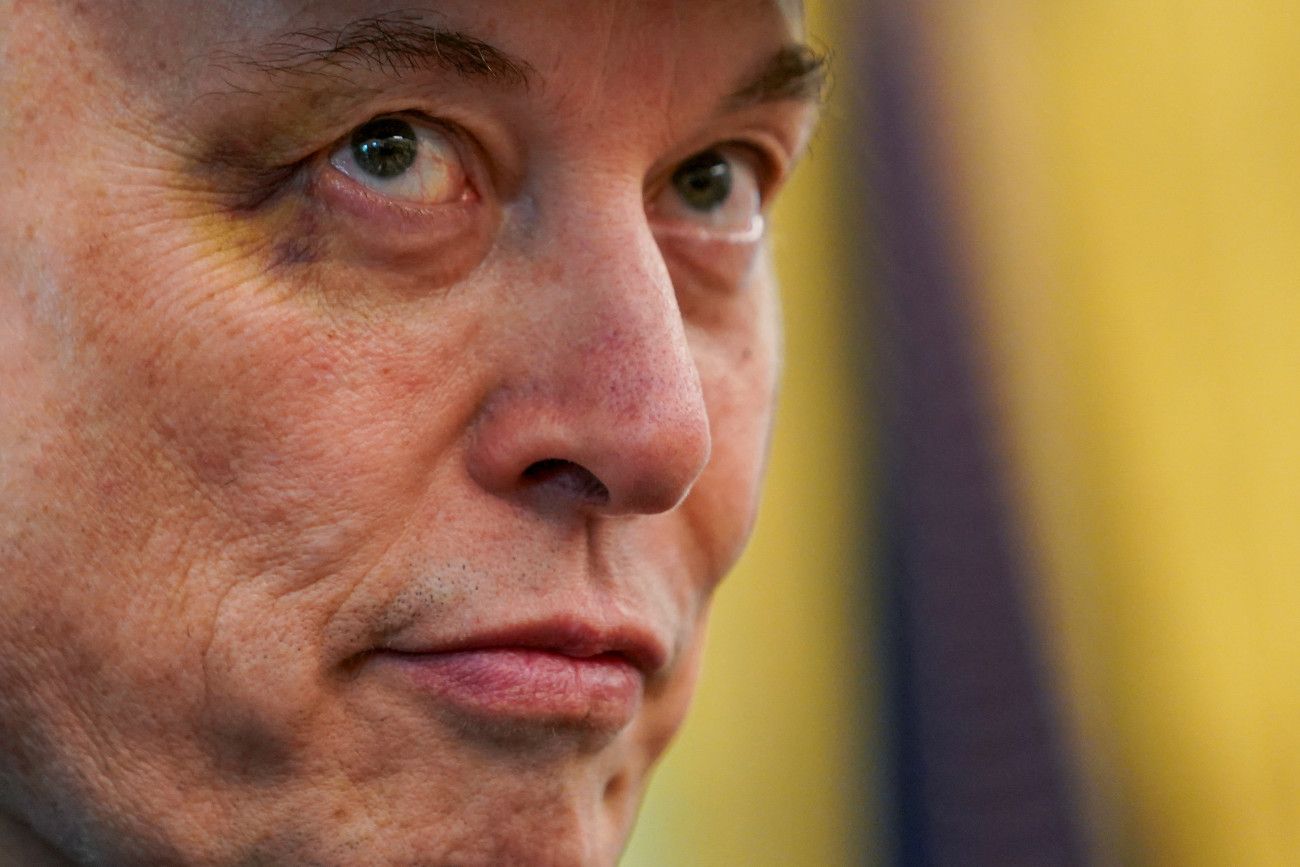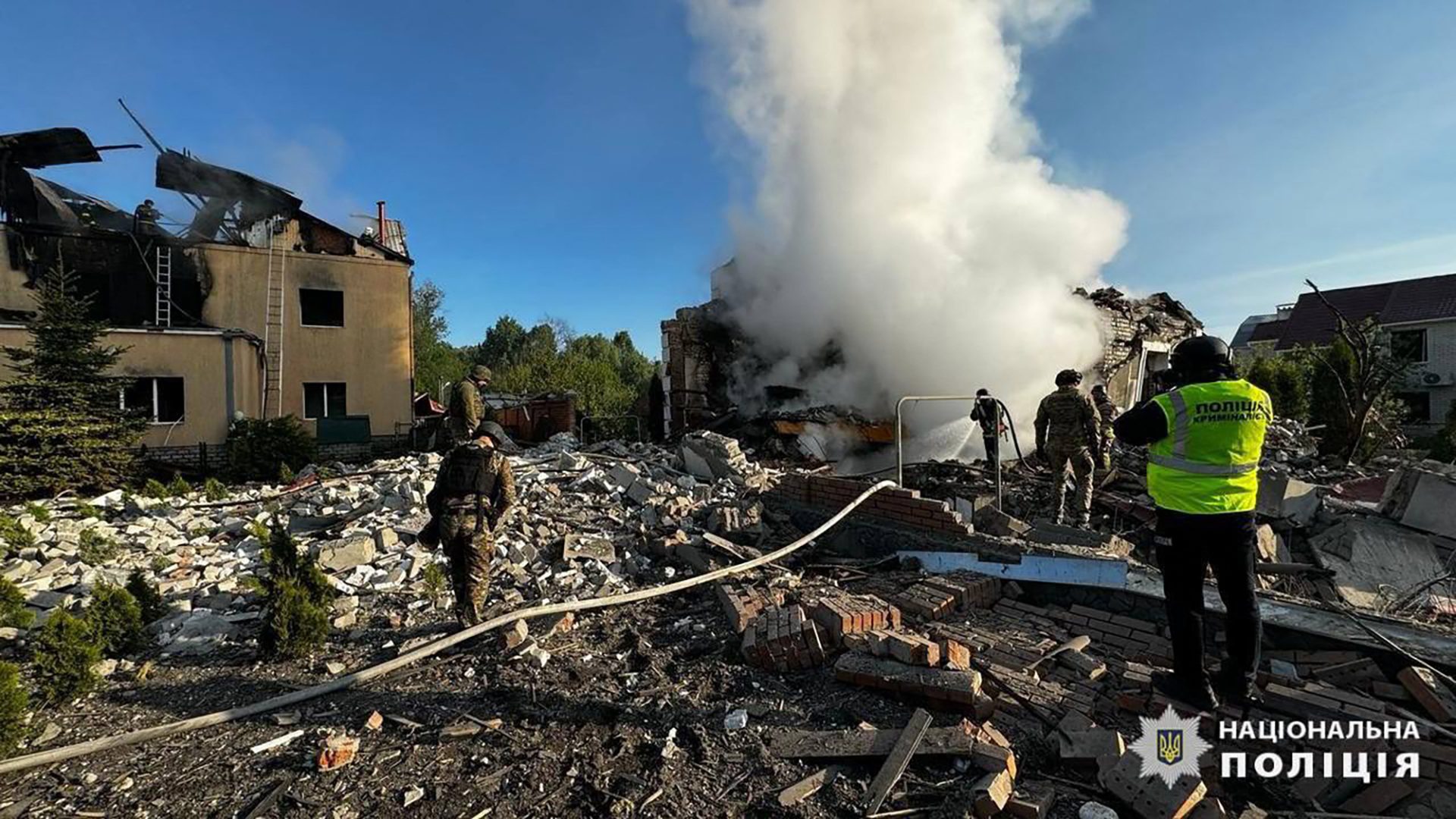Afghanistan: Business « Get them Taliban from the ice »
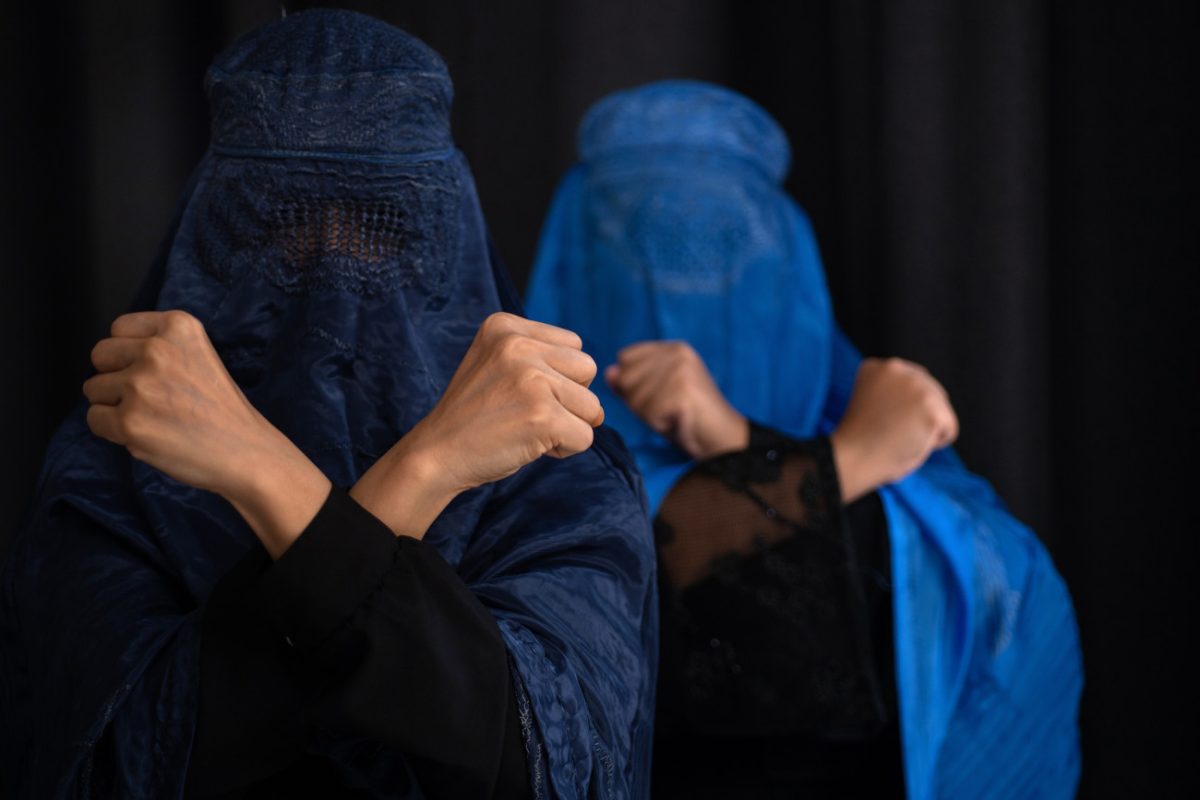
Against the backdrop of the chaotic departure of their American and NATO allies from Afghanistan in 2021, the return of the dark Taliban to power was confronted by most of the international community with their complete isolation.
The prevailing position was that their hard -core theocratic regime would remain an international pariah, as long as he would continue the blatant violations of human rights – and especially women – and his barbaric practices.
Up to today UN sanctions remain in force.
The Taliban government’s de facto government is not recognized.
The Islamic Emirates of Afghanistan – as they renamed the country – is immersed in the economic and humanitarian crisis, with approximately half the population of a total of 46 million people depends on international assistance to survive.
However, by underlining the boundaries of Western efforts to marginalize them, the Taliban remains in power through regional alliances and wild repression at the border.
Now, their long -term « bet » seems to be performing.
Despite the escalating deterioration of the conditions in Afghanistan in the Taliban era 2.0, their status gradually exceeds international isolation.
More and more countries – even western – are alleged to open cooperation channels with the extremist forces of Kabul.
The reasons vary.
Reliable concerns about the revival of jihadist terrorism (from al-Qaeda, to the offshoot of the « Islamic State », ISIS-K), the deterioration of humanitarian conditions in the country, geopolitical competitions and anti-immigration policies are now pushing for one another.
Even the United Nations itself appears willing to throw « water in wine », as it showed last year’s session in Doha for Afghanistan.
To ensure the participation of the Taliban, the agenda were excluded from the agenda discussions on human rights and the list of Afghan women.
Human rights violations, especially women, have escalated under Taliban 2.0 in Afghanistan (Shutterstock)
From China and Russia to Norway
China was the first country to appoint an ambassador to Kabul under the Taliban regime in September 2023, and officially accepted their diplomat as an Afghan ambassador after just five months.
Beijing has already rushed in 2021 to fill the strategic gap left by the Americans, with their naughty escape from the rich in rare minerals.
Although it has not fully recognized the Taliban government, China has access to Afghanistan’s rich natural resources and is now the leading foreign investor in the country.
Russia – who also attempts its own exit from the western isolation brought by the invasion of Ukraine – has just removed the Taliban from the list of terrorist organizations, although it maintains international sanctions.
Something that had not prevented her from calling them to the International Economic Forum of St. Petersburg last year.
Moscow has long been sending signals to Kabul to strengthen relationships.
But Russia and China are not even the only ones …
Uzbekistan sent its prime minister to Kabul last year to a high -ranking visit to a foreign official at the Taliban era 2.0.
Many countries now have embassies in Kabul.
Some, such as Turkey, also maintain consulates in other major cities in Afghanistan.
The Taliban in the meantime claims that about 40 embassies and consulates of Afghanistan around the world are now operating under their control -and not the deprived government -thereby changing the balance of their diplomatic presence abroad.
The latest example is Norway, where the Consular Services at the Afghan Embassy in Oslo have officially resumed from the end of March.
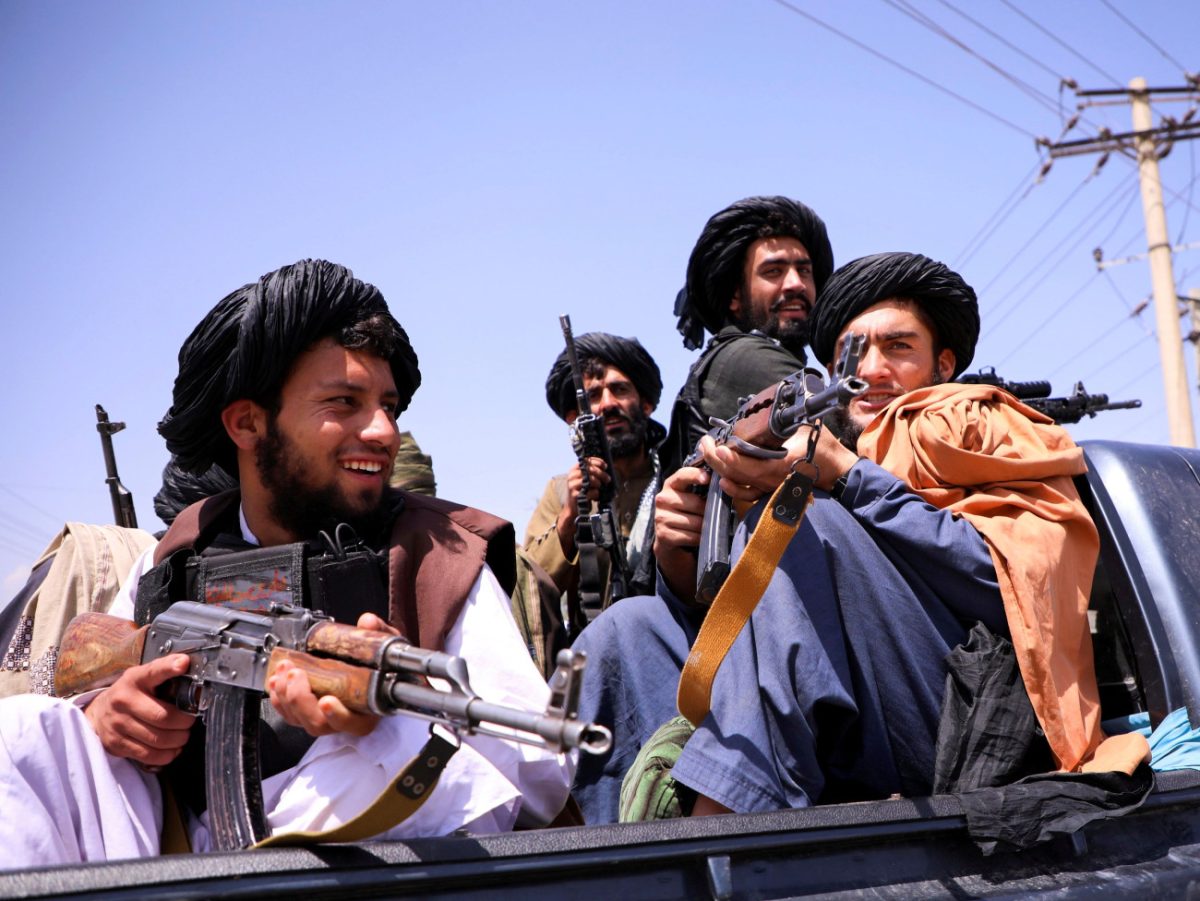
Armed Taliban on patrols in Kabul, after the chaotic departure of the US and their allies from Afghanistan in 2021 (Reuters/Stringer/File Photo)
Methodical « opening » to the West
Although Norway – like most states – has not officially recognized the Taliban government, the reception of a diplomat appointed by the Kabul regime marked a rare case of an official commitment to a European country.
Evolution is essentially a precedent for Western democracies, which also seek to find a balance between the non -recognition of the Taliban as a legitimate government, while exploring ways of working on a series of critical issues.
Not coincidentally, two other « opening » channels of the Taliban to the West were created in 2025, even through the … fired.
One is through India, which has an impact foreign policy, but is a strategic ally of the West.
Last January, the news that the Indian Foreign Minister traveled to Doha for direct talks with the Deputy Foreign Minister of Kabul.
Given the tense bilateral relations since the 1990s, this approach is considered a great success for the Taliban regime.
They now call India as « an important regional and economic partner ».
It remains to be seen whether this approach will be rendered or if it is made by reflection due to the escalating deterioration of relationships between the Taliban and Pakistan or with the aim of stopping China’s increasing influence.
The latest target, however, seems to be behind the recent visit of the Taliban government to Japan.
It was made at the invitation of the Nippon Foundation, a leading non -profit granting organization in Asia.
Although the Japanese government – the US and the West ally – adhered to silent fish on the issue, the evolution was important.
It was the first time that the Taliban sent a government step to a country except not only Russia or China, but also the Middle East or Central Asia.
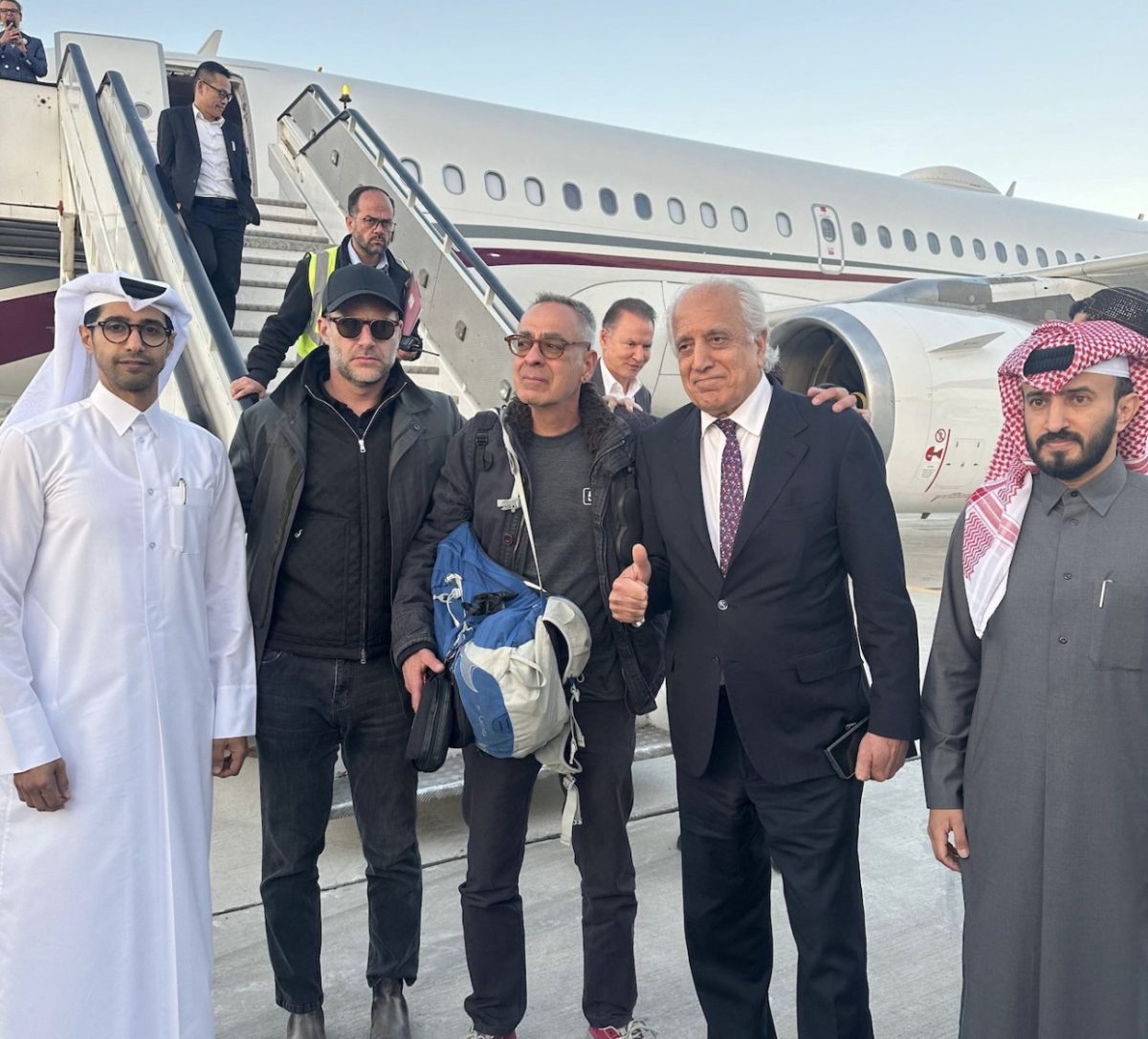
Trump Special Envoy of Homer’s Government Adam Beller at Kabul Airport along with Taliban -released American citizen George Glezman on March 25th (Qatar’s Ministry of Foreign Affairs/Handout Via Reuters
The ‘flirting’ with Washington
The US maintains contact with Taliban through Qatar.
Last March, however, in the second month of Trump’s presidency, US officials traveled to Kabul for direct talks with the Taliban for the first time since 2021.
At the center was the liberation of another American citizen -from the beginning of the year, a total of four have reached.
The talks were attended by the Taliban Foreign Minister, Trump’s Special Envoy Adam Beller and former US Special Representative in Afghanistan Zalmai Halilzad.
« During this meeting there were discussions on the Afghan-USA bilateral relations, the liberation of prisoners and the provision of consular services to Afghans in the US, » a Taliban Foreign Ministry said.
Despite the simultaneous removal of US names against three senior executives – including Sirazudin Hakani, interior minister and leader of the notorious Hakani network – the de facto rulers of Afghanistan describe the « good -bye ».
They reflect their willingness, they argued, to work with the US « based on mutual respect and mutual interests ».
As a backdrop of Doha’s renowned 2020, Trump’s first presidency, which essentially opened the way for US departure from Afghanistan.
Now the goal of the Taliban is to win Washington’s favor, thus unlocking the process for wider international recognition and lifting of sanctions.
The only thing is that Donald Trump is less interested in democratic ideals and human rights and more in economic benefits (in Afghanistan are the largest lithium reserves in the world) and, of course, the halt of regional Chinese influence.
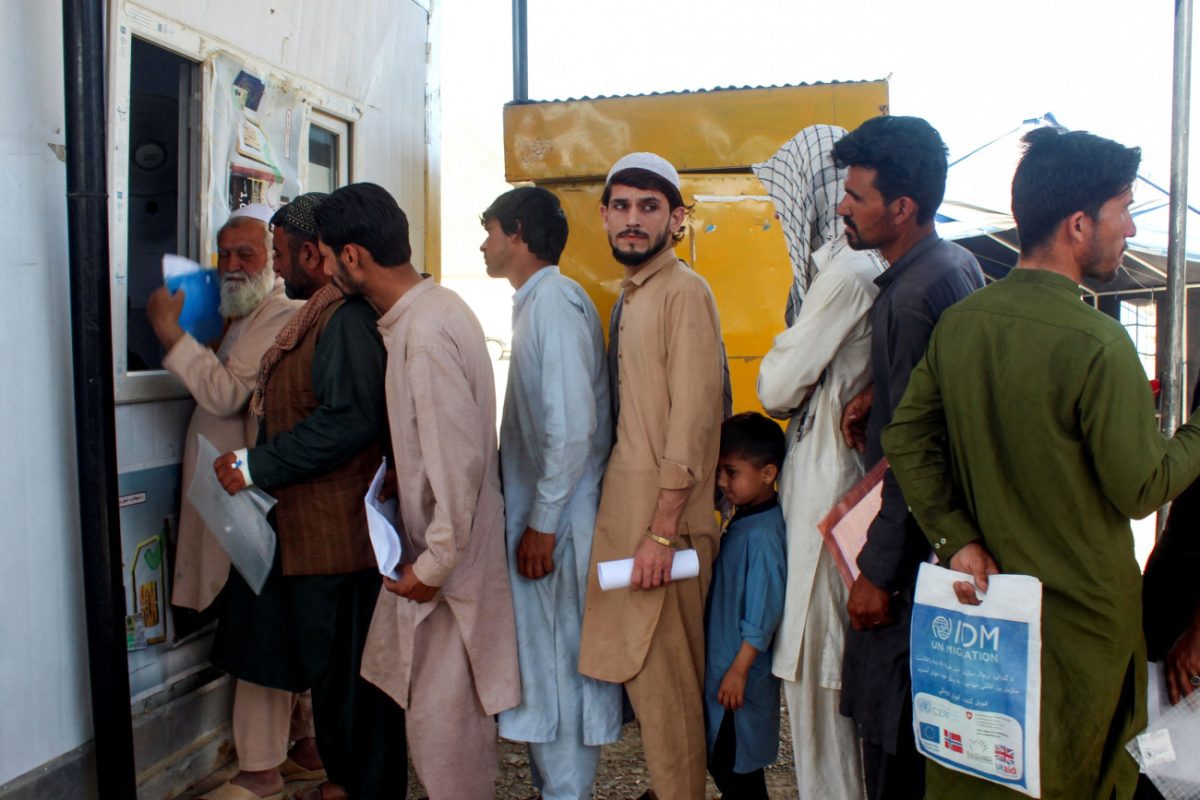
Afghan nationals, expelled from Pakistan, stand in the queue for recording in a refugee camp in southern Afghanistan (Reuters/Hedyatshah Hedayat)
Repatriation to Afghanistan, a new ‘regularity’
Despite the economic and humanitarian situation in Afghanistan, the deportations of refugees and immigrants have now entered the agenda of many states, especially the West.
As part of its harsh anti -immigration policy, the Trump government is terminating the provisional protection regime for thousands of Afghan nationals, initially implemented under Biden presidency, following the US retirement fiasco from Afghan territories.
It is estimated that 14,600 Afghans are at risk of immediate expulsion in May.
According to Interior Security Minister Christie Noem, conditions in Afghanistan no longer justify the protection regime.
« Influenced foreigners are called upon to voluntarily self -select, using the CBP Home App, » she said in a statement.
Conversion to an increasingly rigorous immigration policy and practices are also recorded in the EU, amid the rise of the far -right.
In Germany, the harsh anti -immigration agenda of the new « Great Coalition » includes deportations of express -free expressive nationals.
Austria has already sent two officials to Kabul since January to discuss with Taliban representatives the repatriation of Afghan, whose asylum applications have been rejected.
Vienna described the conversations as a « technical-manner, without diplomatic dimension ».
Some other European countries have already taken action.
France expelled an Afghan in 2023, who had served a prison sentence for celebrating the internet for the brutal murder of Master Samel Pati in a terrorist attack in 2020.
Two Afghans were repeatedly repatriated from Switzerland to Kabul via Constantinople in October 2024. stressing that they were condemned criminals, the Berne government spoke of a « pilot program ».
Sweden has also deported some Afghans via Uzbekistan.
Millions are in the meantime the Afghans who have already been forced into repatriation by the authorities of Iran and Pakistan, both of Afghanistan. The practice continues, with the UN denouncing Islamabad of an arrest pogrom.



